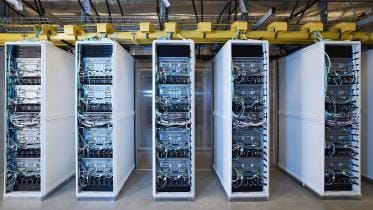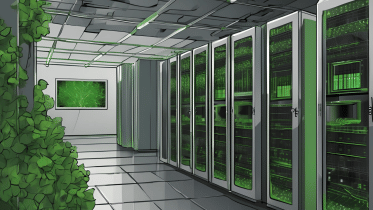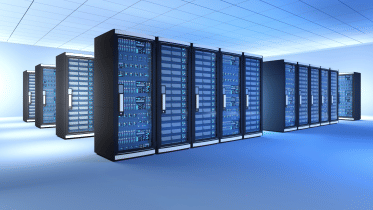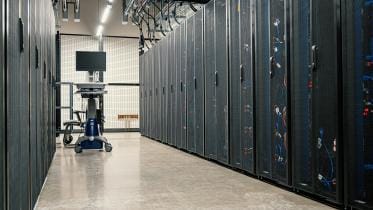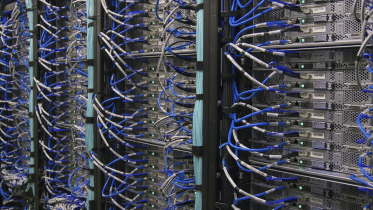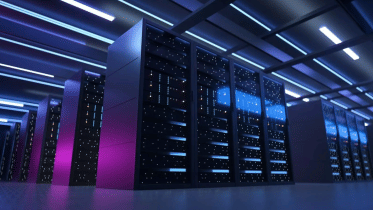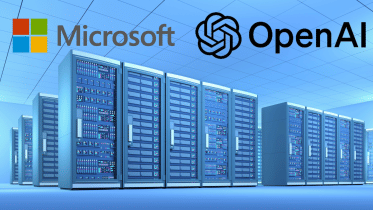data center
EU plots energy saving rules for power-hungry data centres: Report
The European Union (EU) is preparing new rules aimed at improving the energy efficiency of data centres, said the bloc’s energy commissioner, as the rapid expansion of artificial intelligence (AI) places increasing strain on electricity supplies.
12 June 2025, 09:28 AM
Microsoft pauses several data centre projects
Microsoft has announced it is "delaying" or "pausing" several data centre projects, including a planned $1 billion facility in Ohio, signalling a potential cooling of the infrastructure boom driven by artificial intelligence demand.
10 April 2025, 06:46 AM
Bangladesh signs MoU with ADB to develop country’s first green data centre
The Posts and Telecommunications Division under the Ministry of Posts, Telecommunications and Information Technology, BTCL, the Public-Private Partnership Authority (PPPA), and the Asian Development Bank (ADB) has signed a memorandum of understanding (MoU) to develop the country’s first green data centre under a public-private partnership (PPP) model through international competitive bidding on 27 January.
29 January 2025, 12:34 PM
Bangladeshi-born Australian named 'Business Person of the Year' by Australian Financial Review
Robin Khuda, a Bangladeshi-born entrepreneur and founder of the data centre company AirTrunk, has been named The Australian Financial Review’s (AFR) Business Person of the Year for 2024.
11 December 2024, 09:28 AM
Meta announces $10 bln investment in its largest AI data centre yet
Meta, the parent company of Facebook, announced on Wednesday plans to invest $10 billion in building its largest data centre to date, a state-of-the-art facility in Richland Parish, Louisiana. The hyperscale data centre will support the processing demands of artificial intelligence (AI) workloads.
5 December 2024, 06:59 AM
Data centres to cause 2.5 bln tons of emissions by 2030: research
The rapid expansion of data centres worldwide is projected to generate approximately 2.5 billion metric tons of carbon dioxide-equivalent emissions by 2030, according to research by the multinational investment bank Morgan Stanley.
4 September 2024, 10:45 AM
Is AI causing a worldwide power crisis?
The spotlight now falls on AI's environmental impact, with concerns rising about its energy consumption. So, could AI be the culprit behind a looming global power crisis? Let's take a look.
8 July 2024, 08:50 AM
Google to invest $2 bln in Malaysian data centre
Google will invest $2 billion in building the company's first data centre in Malaysia, according to an official statement by the Malaysian government. The statement adds that this data centre will support 26,500 jobs in the country, across sectors such as healthcare, education, and finance.
30 May 2024, 04:36 AM
Microsoft and OpenAI to build $100 bln data centre: report
Microsoft and OpenAI are reportedly planning on building a data centre that would cost as much as $100 billion, as per a report by the global news platform The Information. The report adds that this data centre could also include an AI supercomputer called 'Stargate', which is set to launch in 2028.
30 March 2024, 17:05 PM




